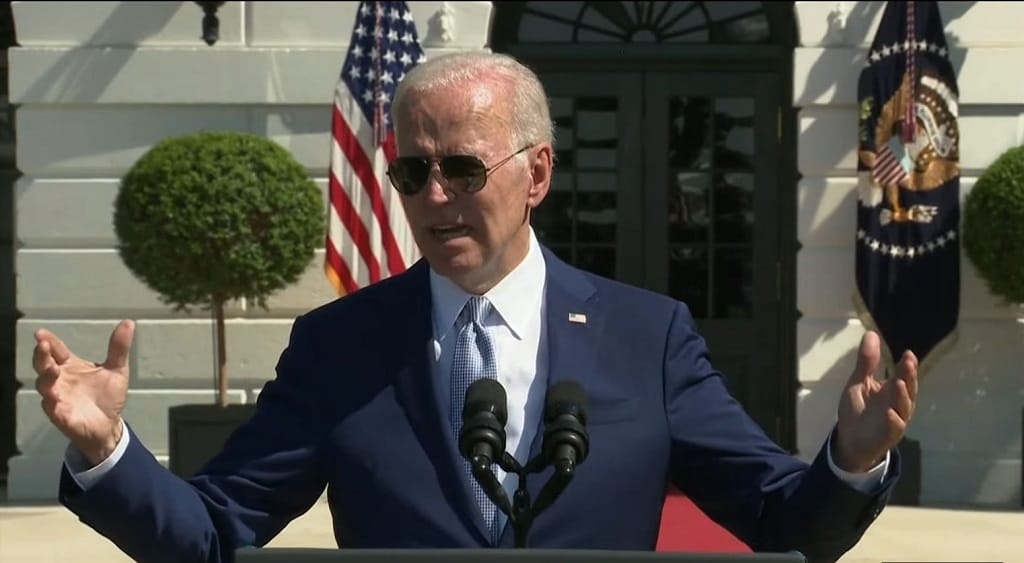FTC Phillips Stepping Down, Chips Act Now Law, Alaskan Entities Getting $50M in Broadband Grants
Phillips told Politico that he is leaving the competition watchdog this fall.
Ahmad Hathout

August 9, 2022 – Federal Trade Commissioner Noah Phillips is stepping down from the competition watchdog, according to reporting from Politico.
The Republican commissioner – one of two on an agency with three Democrats – said he told President Joe Biden that he intends to resign this fall, according to the report.
Phillips has been critical of the direction the agency has taken under chairwoman and Big Tech critic Lina Khan, who was appointed by the president to lead the agency.
Phillips has expressed concern about the impact of antitrust rules on consumer prices, criticized the release of a report by the FTC that warned about the dangers of artificial intelligence to combat online harms, alleging that the commission did not consult outside experts, and broadly warned last year about the overall direction of the agency to turn away from the traditional way it viewed competition.
Others outside the agency have also expressed concern that the commission’s tilt, plus pieces of antitrust legislation before Congress, could harm the country’s global competitiveness in the tech industry.
Chips Act signed into law
President Joe Biden on Tuesday signed into law legislation that would provide billions in incentives for the nation to invest in its own semiconductor manufacturing.
In comments delivered before the signing, Biden said the goal of the “once in a generation investment” is to help the country “lead the world in future industries and protect our national security.”
The Chips and Science Act of 2022, which passed the House late last month, is a broad bill with a specific provision that includes $52 billion to incentive domestic manufacturing of chips that power a range of technologies, including phones, watches, cars and laptops, as well as grants for the design and deployment of 5G networks.
Nations during the pandemic have struggled with getting a steady supply of the chips for products, thus contributing to a supply shortage on many important technologies. This triggered increasing concern about the country’s reliance on others for basic technologies.
Currently only 12 percent of global chips are made in the U.S., which is down from 37 percent in the 1990s, according to Senator Michael Bennett, D-CO.
Alaska getting $50 million in broadband grants
Two native entities in Alaska are getting $51 million for high-speed internet, the National Telecommunications and Information Administration announced Monday.
The grants from the Commerce agency’s Internet for All program will go to Doyon Limited and Ahtna Intertribal Resource Commission to provide connectivity to 581 unserved households across villages in the Doyon region and in eight tribal governments in the Ahtna region for “activities including telehealth, distance learning, telework, and workforce development.”
“The digital divide on our tribal lands, especially in remote Alaska, is stark,” said Commerce Secretary Gina Raimondo in a press release. “The necessary investment through the Biden-Harris Internet for All initiative provides real change to these communities to participate in the digital economy, whether it’s education, health or jobs.”
The release said NTIA head Alan Davidson is visiting Alaska this week and said it is “humbling to see first-hand how these grants will positively impact the daily lives of Alaskan Natives who have been disconnected for far too long.”









Member discussion